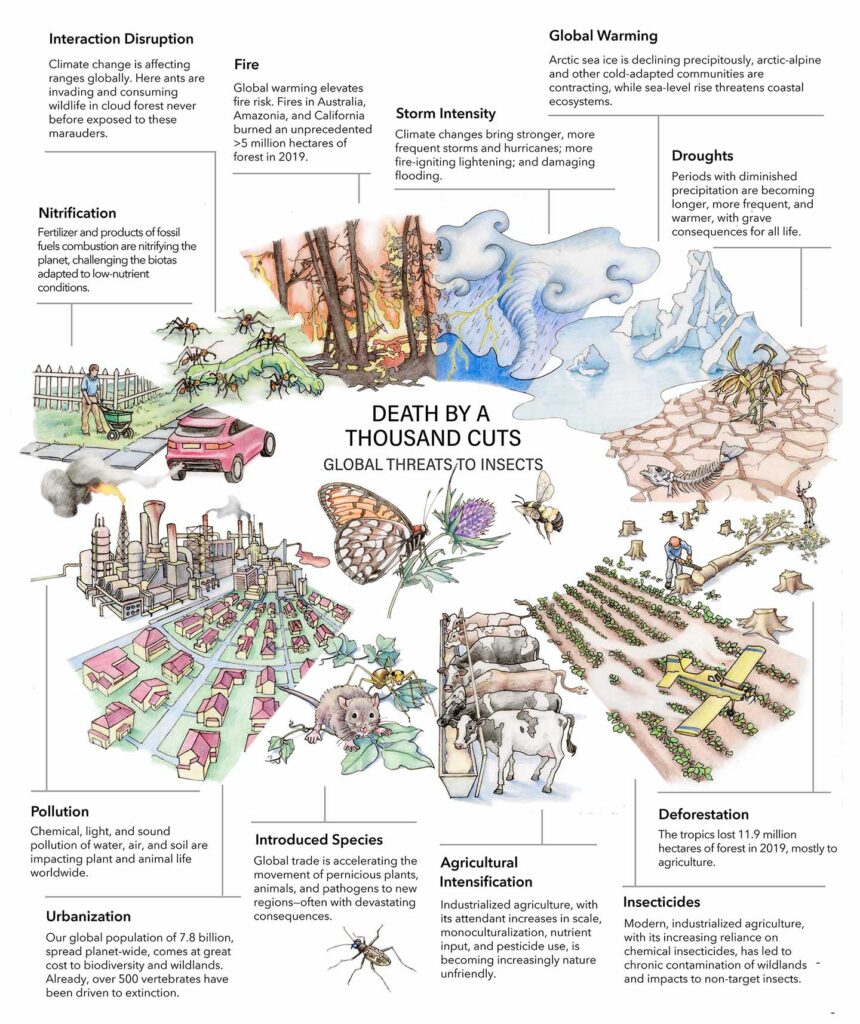Tuesday, March 8th, 2022
Virtual Zoom Meeting
7:30 PM EST
From Endangered Butterflies to Mummified Caterpillars: Journey of an Entomologist
Zhengyang Wang
Department of Organismic and Evolutionary Biology, Harvard University
Abstract:
This talk will cover the little-known life-history and movement ecology of three CITES-listed swallowtail butterflies in Asia — the Kaiser-i-Hind, the Bhutan glory and the Birdwing — and what conservation lessons can come from studying these rare butterflies. The second half of the talk will explore the biology behind caterpillar fungus of the Tibetan plateau, a widely collected insect-fungi symbiont whose per kilo price once reached higher than that of gold.
Due to visitor restrictions on Harvard campus and COVID-19 social distancing guidelines, we are temporarily suspending all physical meetings and formal pre-talk dinners until further notice.
CEC meetings are normally held the second Tuesday of the month from October through May. The evening schedule typically includes an informal dinner (5:45 to 7:15 PM) followed by our formal meeting (7:30 – 9:00 PM). The latter begins with club business and is followed by a 60-minute entomology related presentation. Membership is open to amateur and professional entomologists.




